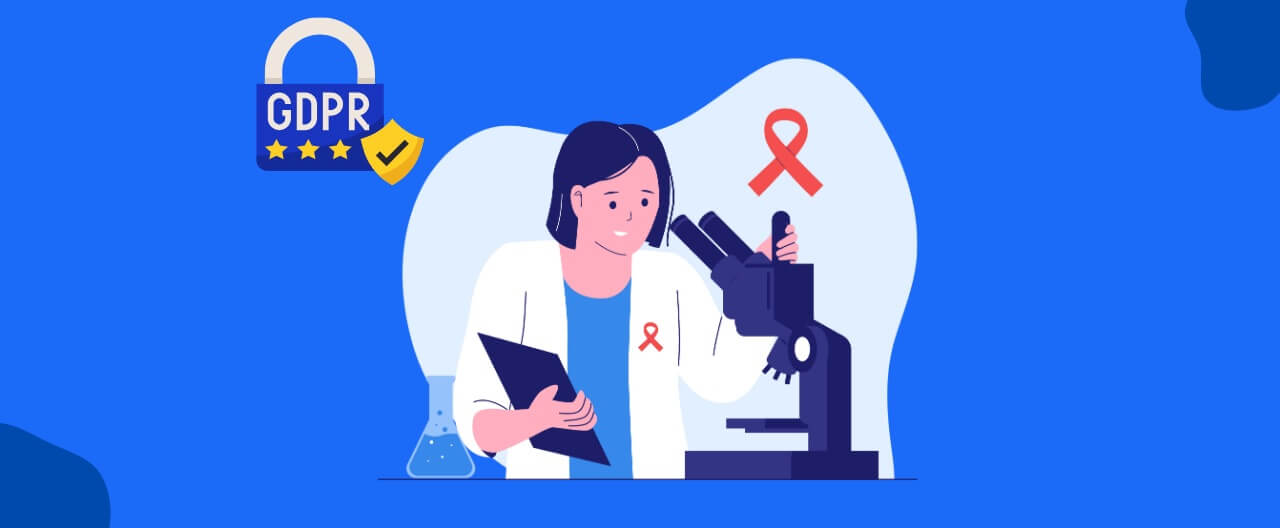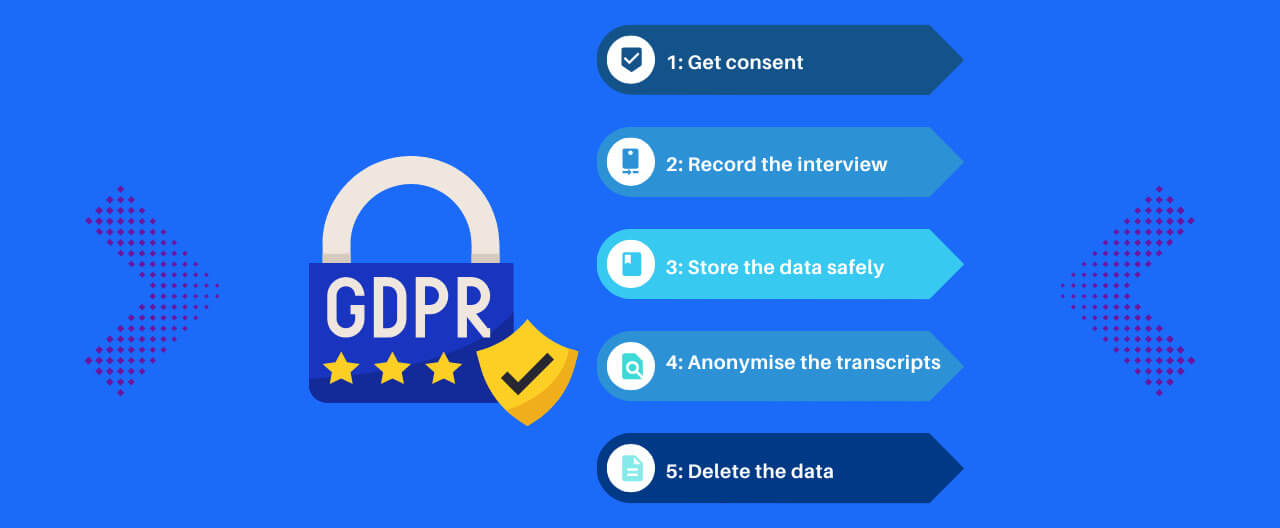Based on data from statista.com, the global revenue of the Music, Radio, and Podcast market is expected to reach a whopping US$115.30 billion by 2024. Among all countries, the United States is projected to generate the highest revenue of US$45,280.00 million in the same year.
Additionally, the number of listeners in the Music, Radio, and Podcast market is predicted to grow to 3.3 billion users by 2028. The user penetration rate, the proportion of the population that uses the Music, Radio, and Podcast market, is expected to be 41.0% in 2024.
The popularity of podcasts has surged in recent years, and it's easy to see why. With millions of episodes available in various genres, podcasts have become a part of daily life for many people worldwide. They offer everything from gripping true crime stories to intellectually stimulating interviews and educational content, all easily accessible on the go.
As the demand for accessibility continues to grow, podcast transcription has emerged as an essential element for sustained growth. Transcribing podcast episodes into written text provides an added accessibility layer, making podcasts more accessible to a broader audience.
Let's delve deeper into the topic of podcast transcription and gain a better understanding of it.
Podcast transcription converts spoken words from an audio podcast into a written text format. Human transcribers or automated transcription services can do this process. The goal of podcast transcription is to create a written record of the podcast's content, which includes dialogue, narration, and other audio elements. In 2023, interviews, panels, and conversations accounted for most of the podcasting market share.
The process of transcribing a podcast involves multiple steps. Here are the steps involved:
1. Audio Conversion:
The first step is to obtain the audio file of the podcast episode in various formats, such as MP3, WAV, or others.
2. Transcription:
Transcribers listen to the podcast and convert the spoken words into a written document. They capture the dialogue, identify speakers, and note non-verbal elements like laughter or background sounds.
3. Editing and Formatting:
The transcribed text is reviewed and edited for accuracy, clarity, and coherence. It may also be formatted to improve readability, including paragraphs, headers, and timestamps.
4. Proofreading:
Finally, the transcript undergoes a thorough proofreading process to ensure that it is free from errors, maintaining the integrity of the content.
Podcast transcription transforms audio content into a versatile, accessible, and searchable format. The benefits are manifold for inclusivity, SEO optimization, or content repurposing. Embracing podcast transcription enhances your podcast's overall impact and reach in today's diverse and dynamic digital landscape.
Accessibility Improvements
Transcribing podcasts can make the content accessible to individuals with hearing impairments, which promotes inclusivity. Moreover, written transcripts can help audiences follow along more efficiently, particularly in noisy or distracting environments.
Benefits of text-based consumption:
People with hearing impairments or who prefer reading over listening can access the content. This can help to widen the audience base and promote a more inclusive experience.
Searchable content:
Transcripts also make it easier for users to search for specific topics or keywords within the podcast. This searchability enhances the overall user experience.
Enhanced SEO (Search Engine Optimization)
Search engines cannot directly index podcasts. However, transcribing these podcasts can provide search engines with textual content, thus improving their indexing capabilities. This can improve search engine rankings, increasing visibility and discoverability amongst potential listeners.
Keyword Optimization:
Including relevant keywords in the podcast transcript enhances its visibility on search engines.
Backlink Opportunities:
Creating additional content, such as blog posts from transcripts, generates backlinks to the original podcast, improving its authority and search ranking.
Rich Snippets:
Search engines can utilize structured data from transcripts to create rich snippets, providing more information to users in search results, which can increase the podcast's click-through rate.
Content Repurposing:
Transcripts are a valuable resource that can help you repurpose content. You can extract critical points, quotes, or insights from the transcript to create blog posts, social media snippets, or e-books. The versatility of transcripts allows you to amplify your podcast across various platforms.
Better Engagement:
Transcripts enhance audience engagement by offering a complementary medium for consumption. Some listeners prefer skimming through text to grasp the main points or review specific sections quickly. Providing a transcript caters to diverse learning and consumption preferences.
Wider Audience Reach:
Some people prefer reading over listening or may need more time to listen to an entire podcast. By providing a transcript, you cater to a broader audience, capturing those who may not have engaged with the content otherwise.
Strengthening Legal and Ethical Compliance:
Having a documented record of podcast content through transcriptions is crucial for legal and ethical purposes. Accurate and clear transcripts promote transparency and compliance with industry standards.
How to choose the right podcast transcription services for your podcast
When deciding on a podcast transcription service, it's essential to consider factors like accuracy, cost, and convenience. These key considerations can help you make an informed decision.
Please keep in mind the following considerations when choosing a transcription service:
Accuracy:
The main goal of transcription is to convert spoken words into text with high accuracy. Look for a service that provides accurate transcription, and consider features like human editors or advanced algorithms that enhance accuracy.
Turnaround Time:
Consider the time it takes for the transcription service to deliver your transcribed content. Some services offer fast turnaround times, which are essential for timely content production.
Cost:
Evaluate the pricing structure of different transcription services and factor in your podcasting budget. Some services charge per minute of audio, while others may have a subscription-based model.
Ease of Use:
Look for a user-friendly platform that allows you to upload audio files quickly and manage your transcription orders effortlessly. Consider services with integrations or plugins for popular podcasting platforms.
Customization Options:
Some services offer customization options, allowing you to specify formatting preferences or requirements. This can be important for maintaining a consistent style in your transcriptions.
Security and Privacy:
Ensure that the transcription service prioritizes the security and privacy of your audio files and transcriptions. Look for encryption and data protection measures.
Languages Supported:
If your podcast involves multiple languages, ensure the transcription service supports the languages spoken in your episodes.
Editing Tools:
Some transcription services provide editing tools or interfaces that allow you to review and make transcription corrections quickly.
Customer Support:
Assess the level of customer support the transcription service provides. Responsive and helpful customer support can be crucial if you encounter issues or have specific requirements.
Reviews and Recommendations:
Read reviews from other podcasters who have used the transcription service. Look for testimonials or recommendations from users in a similar content creation space.
Integration with Podcasting Platforms:
Check if the transcription service integrates seamlessly with your podcast hosting platform. Some services offer direct integrations with popular podcasting tools.
Free Trials or Samples:
Many transcription services offer free trials or samples. Please take advantage of these to evaluate the quality of their transcriptions and the user interface before committing.
Conclusion:
Researching and testing multiple transcription services to find the best fit for your podcasting needs based on your specific requirements and priorities is vital.
The podcast industry is increasing, and podcast transcription plays a significant role in driving this growth. Transcription is not just about converting spoken words into text; it is also about making audio content more accessible to everyone and ensuring that the popularity of podcasting spreads to every part of the world. As we observe this mutually beneficial growth, it is evident that the future of podcasting is closely linked with the transformative potential of transcription services.
Incorporating podcast transcription can revolutionize your content strategy. It enhances accessibility, boosts SEO, widens your audience reach, and facilitates effective content repurposing. To kickstart the process, consider using transcription services or tools to streamline the process. Don't miss out on the untapped potential—transcribe your podcasts and unlock the full spectrum of benefits today!





